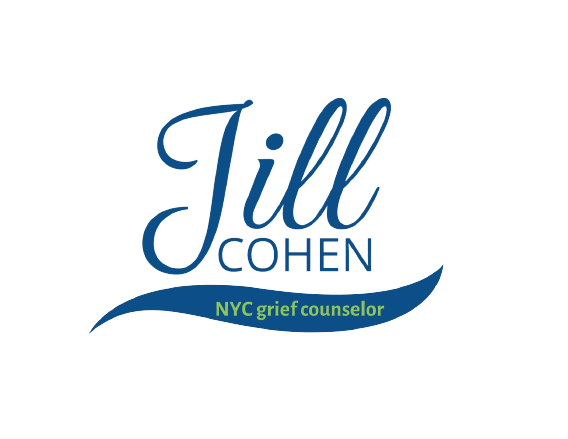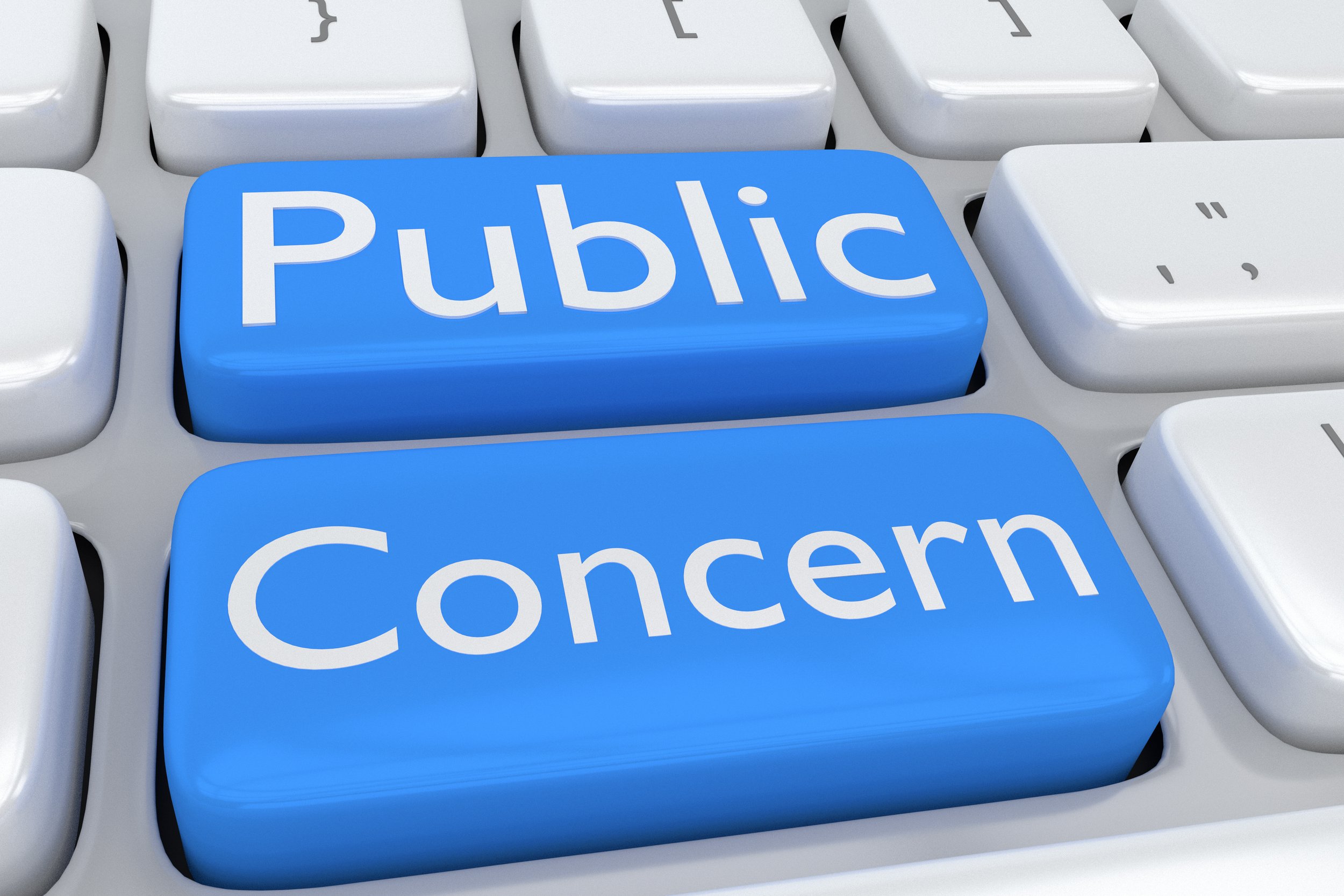Grief is a Public Health Concern
Written By Erin O’Kelly
4 Minute Read
The Grief Pandemic
The devastating impacts of the COVID-19 pandemic have led to another public health issue: the grief pandemic. The scale of pandemic-related grief is tremendous among the estimated five million Americans who have lost their loved ones to COVID-19—and it could affect the physical and mental health of Americans for many years to come.
Sociologist Holly Prigerson of the Cornell Center for Research explains that the health crisis, political battles, and economic devastation that occurred during the past few years have made mourning even more complex compared to typical loss.
Recognizing that America has already lost many lives to the COVID-19 pandemic, it’s important to avoid making the same mistakes with the grief pandemic. Before it’s too late, it’s critical that grief is recognized as an alarming public health concern.
Grief as a Public Health Concern
Losing a loved one is already a painful experience in and of itself. It can be very challenging for individuals to navigate through the days without feeling the usual warm presence of a beloved family member or friend.
While experiences of grief are unquantifiable, research has shown that individuals who have lost their loved ones to natural disasters and outbreaks are more likely to experience devastating impacts on their overall health.
Bereaved survivors are more likely to experience prolonged grief disorder (PGD), which causes survivors them to feel yearning, to suffer from higher levels of PGD symptoms if they have lost their loved ones to disasters with many casualties, such as the COVID-19 pandemic.
Understandably, individuals also experience increased PGD rates when social distancing protocols prevent them from saying good-bye to their loved ones or even holding traditional grief rituals, like burials.
On top of that, individuals who have lost their loved ones to the COVID-19 pandemic have also suffered from the economic effects of the health crisis. It’s important to recognize that healthcare inaccessibility is a social justice issue, especially since numerous Americans go into debt and even file bankruptcy because of steep medical bills.
Without proper access to universal healthcare systems, individuals struggled to pay for the high costs of medication and healthcare services to save their loved ones from a devastating illness. The COVID-19 pandemic has taken away many lives, and it continues to affect the quality of life of the bereaved survivors that are suffering from the grief pandemic.
Last year, The New York Times published an opinion piece entitled, “The Grief Crisis is Coming” Read the full article below.
Public Health Strategies for Grief
There are about five million Americans that have lost their loved ones to the pandemic, and may be suffering from the painful symptoms of PGD. Given that this disorder can affect millions of Americans in a long time, it’s important that they are able to recover and find peace through public health strategies.
Grief can impact one’s mental and emotional wellness, which is why it’s essential to provide access to support groups and grief counselors to improve their overall health. As pillars of support, these individuals can provide empathy and compassion for survivors as well as resources which help grievers move through their grief.
More people need to be informed about PGD, so that policy changes can be enacted for individuals suffering from loss. There should be more attention given to company’s bereavement leave policies which are designed to allow individuals to take the time to honor and mourn their loved ones. This allows individuals to maintain their financial wellness, while also having the time to boost their mental and emotional health.
Grief is indeed a public health concern, especially in times of crisis. Since many Americans have lost their loved ones to the covid-19 pandemic, it's important that they are acknowledged and supported in their recovery process. recovery.
Tough Times, Call for Gentle Support
If you or someone you know would benefit from grief counseling, please reach out to me at jillgriefcounselor@gmail.com!



